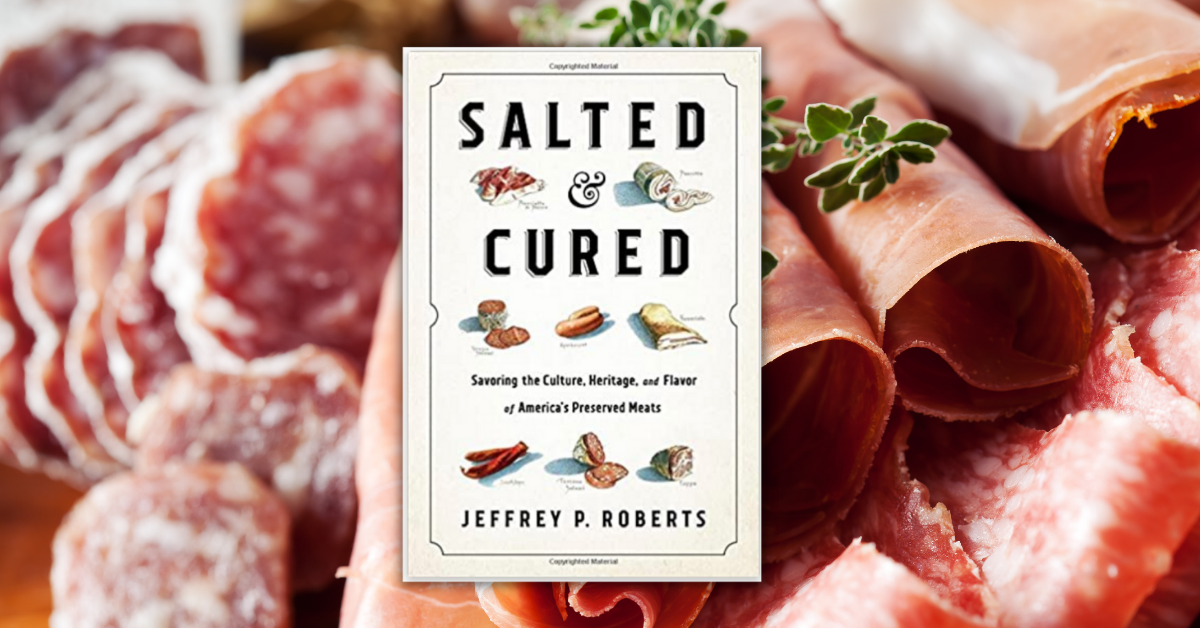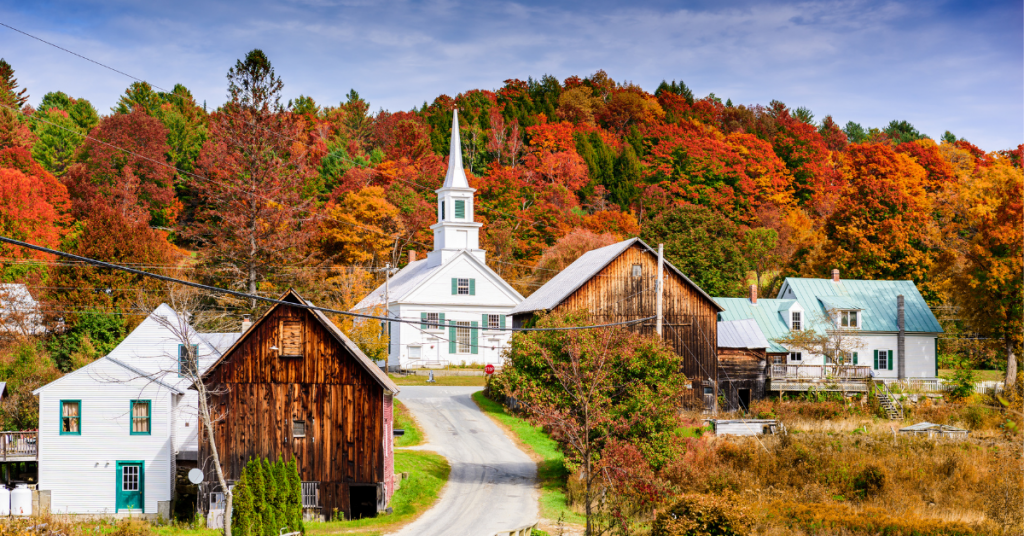An Interview With Jeff Roberts
Jeff Roberts begins our conversation by calling himself a jack of all trades but a master of none, a statement he only further disproves the longer we speak.
Roberts has been a meterologist, museum curator, historian, and sustainable food and agriculture consultant across the US, Europe, and Mexico. He serves as director of the Central Vermont Community Land Trust, Vermont Arts Council, and Vermont Fresh Network. He volunteers with Slow Food International and USA, collaborating on guided food history and culture tours around the world.
He is the author of two books about food.
“Food, for me, is a way to create new bridges,” Roberts says. His comments speak to the common thread found in the many passions, journeys, and ventures of his life, including his books which not only deepen our understanding of the history of food but also the people who produce it.
We are discussing The Atlas of American Artisan Cheese (Chelsea Green, 2007) and his more recent Salted and Cured: The Savoring the Culture, Heritage, and Flavor of America’s Preserved Meats (Chelsea Green, 2017).
A natural-born teacher, Roberts begins our conversation by patiently and eloquently talking me through the history of Vermont’s artisan cheese production, as shared in The Atlas of American Cheeses, a guide that categorizes 345 artisan cheese producers by region and explores changes to the small-scale dairy industry through a series of vignettes.
“Cheese in Vermont was made by hand up through the 1850s…The first industrial production of a pressed cheese happened in Utica, New York, and within roughly 30 to 35 years much of what was being done in Vermont had shifted gears.”
Although some small-scale cheese producers existed in Vermont through the 1960s largely due to the state’s fertile grass and strong dairy community and infrastructure, it was the Baby Boomers who kick-started an American interest in craft fermented products, says Roberts.
“The baby boom generation wanted to do everything. Travel, eat, drink,” he says. And on their heels came the craft distilling movements who were “driven by the younger generations, who wanted to taste, experiment. And then the internet opened the world for people who liked to eat.”
Artisanal alcohol, meats, and cheeses sprung up around the US, the small state of Vermont carving out its own unique cheese culture with products that Roberts swear are as good– if not better– than their European predecessors.
In our discussion, Roberts then goes on to discuss the American fermented food scene as explored in Salted and Cured, a book he calls an introduction not only to cured meat, but also to “the things that human beings do in order to survive.”
“What I continue to find is that our assumptions about what we eat– where it comes from, how we prepare it, who’s really going to eat it, and so forth– are not only constantly evolving…but have these very rich histories. Sometimes very simple, like ‘I’ve got to be able to eat in wintertime’, or very sophisticated.”
Slow Food founder Carlo Petrini speaks to Roberts’ ability to honor not only the food he speaks of, but also the people who create it: “Within these pages, we are fortunate to come to understand how a product born out of necessity has become a symbol of identity, one that tells the stories of countless people and peoples.”
But while undoubtedly a food and history enthusiast, Roberts’ main interest, it seems through our discussion, is stories; the stories food tells us about our past, our relationship with each other, and our world. Both his books combine deep technical and cultural knowledge with the personal and poignant touch of the people behind the food we love to eat.
“I want us to realize that there are far more connections if we were just more open to them, and food is one way for us to build new connections.”
Jeff Roberts’ latest book is available for purchase, and he can be reached to discuss speaking engagements here.




